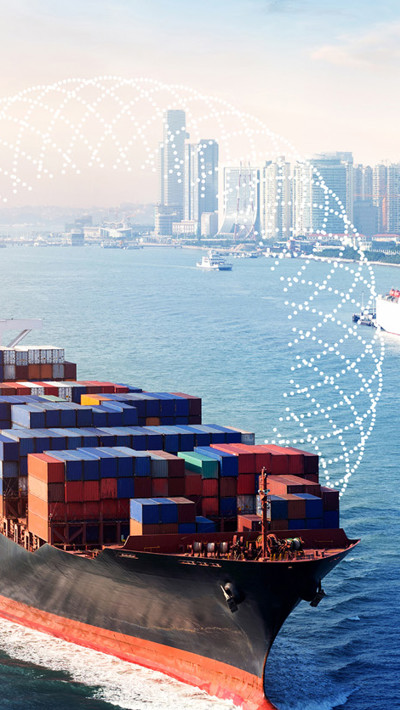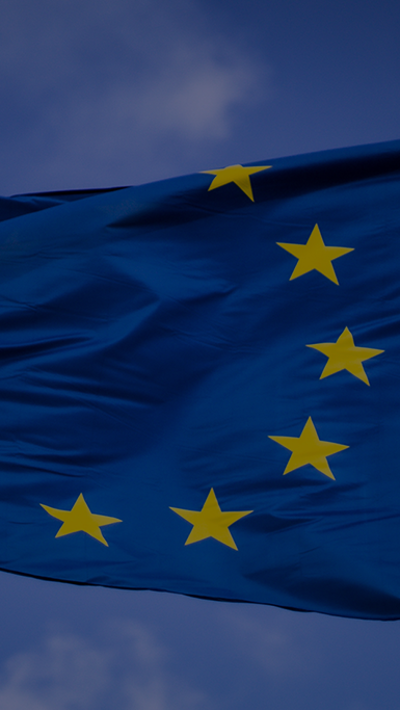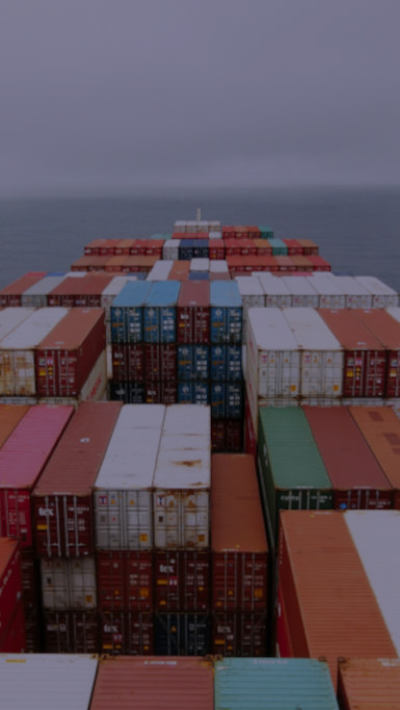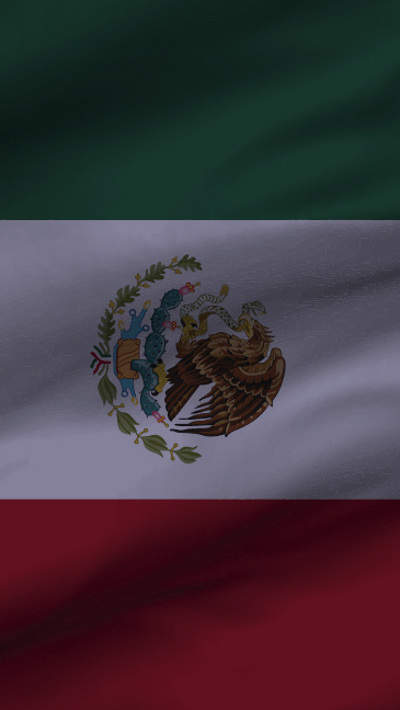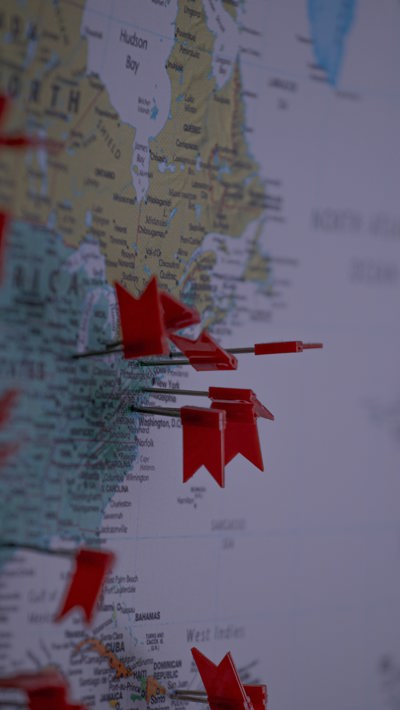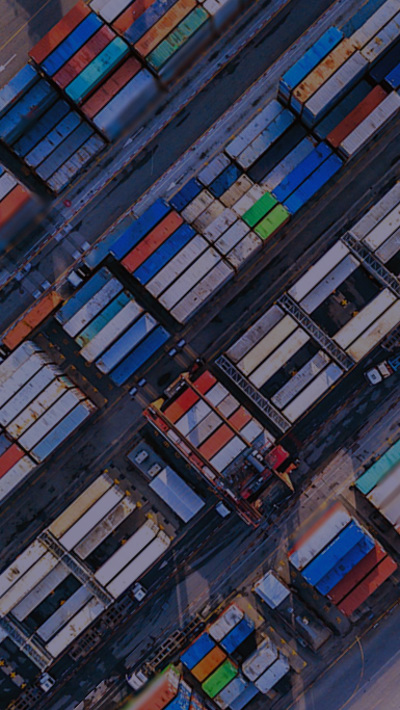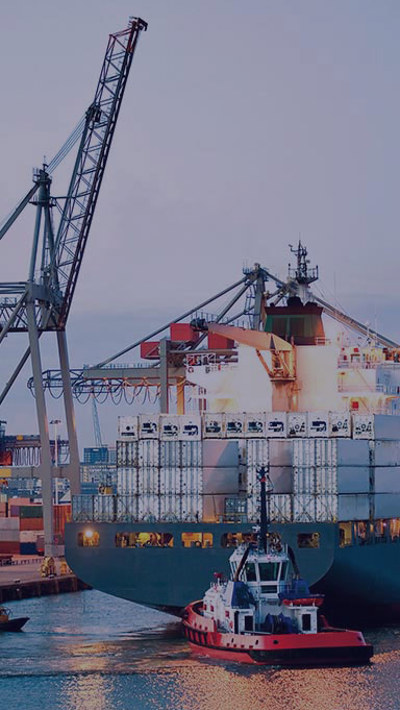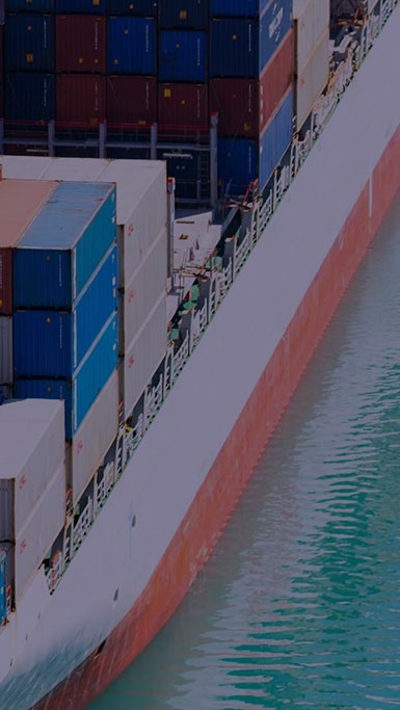Speak to our experts
Contents
The Digital Economy Partnership Agreement concluded last week between New Zealand, Chile and Singapore will establish new international rules and best practice to support and promote digital commerce.
The Digital Economy Partnership Agreement (DEPA) concluded last week between New Zealand, Chile and Singapore will establish new international rules and best practice to support and promote digital commerce.
Digital trade is New Zealand’s third biggest revenue earner, having experienced faster growth here over the last ten years as a proportion of GDP than in any other Organisation for Economic Co-operation and Development (OECD) country.
DEPA is a living document, meaning that other countries may join.
DEPA in detail
As well as building on existing rules on e-commerce, the DEPA negotiations considered a range of emerging digital economy issues, including cross-border data flows, digital identification, artificial intelligence, cybersecurity, and open data.
The World Trade Organisation (WTO) rules were predicated on identifying whether products are goods or services and the borders they cross but digital trade blurs these distinctions. The need for reform is recognised by the WTO, as evidenced in the WTO E-commerce Initiative whereby 76 WTO member states (including New Zealand) agreed earlier this year to work toward a new WTO e-commerce agreement.
DEPA complements and supports this process.
Before being ratified by the Government, DEPA will be subject to a National Interest Analysis, Cabinet review, and Select Committee examination.
For more information, check out the Ministry of Foreign Affairs and Trade modules here.
What is digital trade?
The term ‘digital trade’ is an evolving concept, capturing not just internet shopping and the supply of online services (e-commerce), but also data flows that enable global value chains, services that enable smart manufacturing, and a myriad of other platforms and applications.
Why DEPA matters to New Zealand
New Zealand now has 29,000 tech firms with nearly 100,000 employees contributing $16.2b to GDP and producing $6.3b in exports.
This gives us a strong interest in ensuring that international trade rules dealing with the challenges created by digitalisation have a strong commercial basis, deal effectively with the social implications of increased data flows, and protect the Treaty of Waitangi, personal privacy and cybersecurity.
Our thanks to Danae Wheeler and Charlotte Austin Chen for writing this Client Alert.












